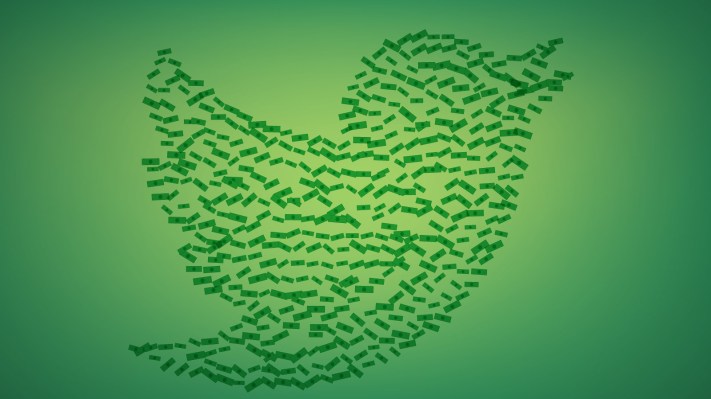Twitter might consider adding premium subscription features to TweetDeck, but likely won’t charge all users because the reduced access wouldn’t jibe with what Twitter wants to be, according to COO Anthony Noto. Today at Code Conference, Noto explained the four characteristics that make Twitter special, and how those guide its product evolution.
“As growth slowed in 2015 we had to come to grips with what Twitter was,” Noto told Recode’s Peter Kafka. The conclusion was, “Twitter is the best at showing what’s happening in the world.” Here’s how Noto says it does that:
- Fast – Tweets are instantly publicly available and widely distributed through its apps, embeds and integrations with TV shows.
- Comprehensive – No matter what you want to hear about, Noto says Twitter has a strong selection of content about every topic.
- Discussion – People respond to tweets, create a richer and more engaging experience.
- Personalization – Because Twitter knows who you follow and what tweets you interact with, it can show you the most relevant content.
Noto didn’t spell out why charging a subscription fee to everyone would conflict with these traits, but here’s what’s implied:
- Fewer Tweeters – Twitter breaks news first because anyone who sees or learns something important can instantly share it. Charging would deter or disenfranchise some people from tweeting, so news and commentary would slow down because it would have to wait until it was spotted by someone who pays.
- Thinner Coverage – Twitter has eyes and ears all over the world because it’s free. But even a relatively low price like $5 per month would be prohibitively expensive for some people, especially those in the developing world. Charging would thereby weight Twitter toward the opinions and perspectives of people and places rich enough to pay.
- Restricted Conversation – It’s the people with the most marginalized perspectives that can sometimes add the most to a conversation, and often they’re not in the position to pay. Charging would certainly deter spammers and trolls, but also sacrifice the long-tail of contributors.
- Reduced Choice – If everyone can’t use Twitter freely, people can’t as accurately depict their interests through their following graph. Users could only follow and interact with content from those willing to pay, making personalization less robust.
On the other hand, charging for premium TweetDeck features could be seen as a way to help journalists and power users react more quickly to Twitter content, follow a wider range of topics efficiently, contribute to more discussions nimbly and interact with more content to produce data for personalization.
To end the panel, Noto answered The Verge editor Casey Newton’s question about whether he supports adding the ability to edit tweets by throwing it back whether it meshes with the four principles.
While Twitter might be reluctant to do anything that interferes with these core tenets of its product, its Q1 2017 revenue fell 8 percent year-over-year to $595 million, so it needs to find some way to turn its blue birds into more green.
